 Webinar
Webinar
Advancing Standards for Clinical Diagnostics
To help promote the generation of reproducible data, authenticated, well-characterized standards should be used throughout assay development, validation, and implementation. In this webinar, we discuss the need for standards in clinical laboratory testing, and we will expand on how ATCC supports this with authenticated biological and molecular reference materials.
More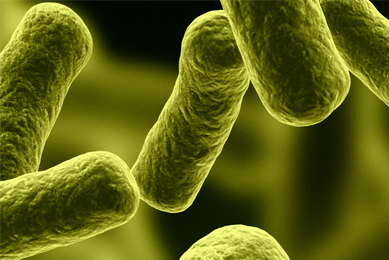 Webinar
Webinar
ATCC Microbiology: Best Practices for Stock Maintenance
Ensuring the quality and authenticity of reference materials is essential for assay reproducibility and data integrity. In this webinar, we discuss the best practices for microbial stock maintenance and authentication, and how ATCC manages this through the seed stock concept, adhering to the specific needs of each culture, and polyphasic strain authentication.
More Webinar
Webinar
Biology of Anaerobic Bacteria and Predominant Propagation Practices
Due to the copious growth requirements and the plethora of anaerobic species, knowing the optimal conditions for your anaerobic organism is essential. In this webinar, we discuss the various methods to achieve successful growth conditions for a variety of anaerobes, focusing on gas mixtures, media selection, and obtaining anaerobic conditions in the lab.
More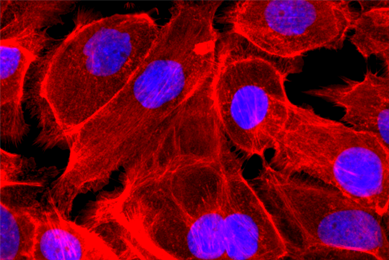 Webinar
Webinar
Cell Culture 101
In this webinar an ATCC expert taps into ATCC’s vast experience and shares the best practices for culturing cells that ensure optimal results and performance. The information delivered covers all aspects of successful cell culture, including culture initiation, expansion, authentication, and cryopreservation.
More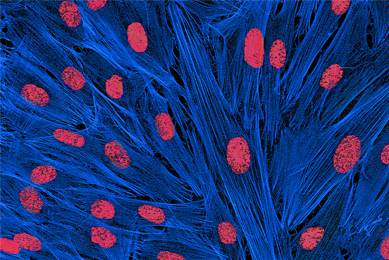 Webinar
Webinar
Cell Health and Viability
In this webinar an ATCC expert taps into ATCC’s vast experience and shares the best practices for culturing cells that ensure optimal results and performance. The information delivered covers all aspects of successful cell culture, including culture initiation, expansion, authentication, and cryopreservation.
More Webinar
Webinar
Finding Your Perfect Match Evolving Technologies for Bacterial Strain Typing
Identifying specific bacterial strains can provide important clues to pathogenicity and is central to epidemiological studies of disease outbreaks. In this webinar, we discuss current strain typing technologies and their applications in literature, and we look at the variety of typing information used to identify strains at ATCC.
More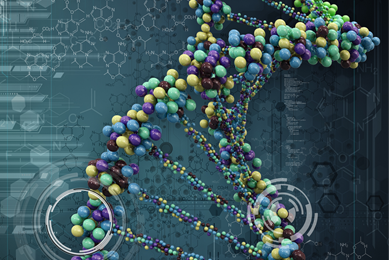 Webinar
Webinar
Fungal Systematics Current Technologies and Techniques for Fungal Identification
Recent updates in the nomenclature rules for fungi and improvements in contemporary molecular techniques have significantly affected fungal systematics and has triggered numerous taxonomic revisions among yeasts and fungi species in recent years. Watch our webinar to learn how to identify fungi effectively and accurately under the current nomenclatural system.
More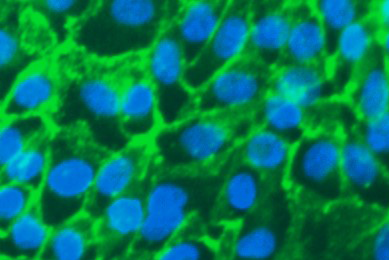 Webinar
Webinar
Genetically Modified Human Renal Proximal Tubule Epithelial Cells Webinar
hTERT-immortalized primary cells are genetically modified such that the cells exhibit the growth characteristics of a continuous cell but maintain the physiology of a primary cell. This webinar focuses on hTERT-immortalized primary renal epithelial cells and provides application data to illustrate how these kidney models can easily be incorporated into your toxicity testing workflow.
MoreAn Introduction to ATCC Microbiome Standards
The complexities involved in 16S rRNA and shotgun metagenomic analysis methods pose significant challenges for microbiome research. Watch this webinar to explore the common sources of bias in metagenomics workflows and how NGS standards provide a solution to eliminating this bias while improving assay standardization and optimization.
More Webinar
Webinar
Mycoplasma Detection Protect Your Continuous Cell Cultures
Mycoplasma contamination constitutes a serious concern for cell culturists as it can result in a number of deleterious effects. Learn from an ATCC expert the most frequently used mycoplasma testing methods, and explore the products and services offered by ATCC that support the early detection of mycoplasma.
More Webinar
Webinar
New isogenic cell models created by CRISPR genome editing for drug discovery
In this webinar, ATCC experts address how CRISPR genome editing was used to create novel human cell models that contain disease-relevant point mutations and gene rearrangements. In addition, we will introduce a new type of BRAF inhibitor-resistant cell line that was created by using CRISPR/Cas9 to insert the NRAS Q61K mutation. These human isogenic lines provide useful disease models for the identification and validation of new therapeutics.
More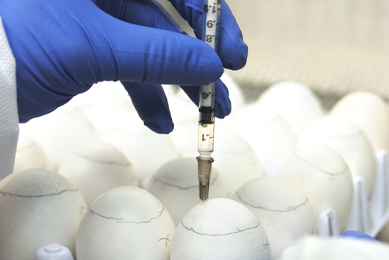 Webinar
Webinar
The Art and Science of Growing Animal Viruses in the Laboratory
Employing good aseptic technique and understanding the specific culture requirements of a strain are essential for optimal viral growth. In this webinar, we discuss the basic principles for propagating animal viruses in the laboratory, providing an in-depth look at viral culturing practices in both cell culture and embryonated chicken eggs.
More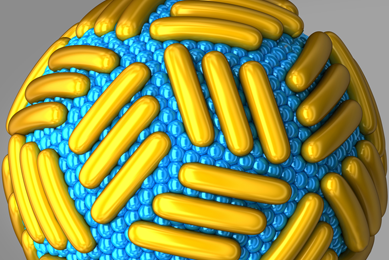 Webinar
Webinar
Transforming Molecular Diagnostics
The accurate diagnosis of vector-borne diseases can be complicated due to similar clinical presentations, cross-reactivity, or the possibility of co-infection. Thus, there is a need for rapid and accurate methods of detection that can reliably distinguish between causative agents. This webinar discusses how high-quality standards from ATCC were used to meet this need.
More